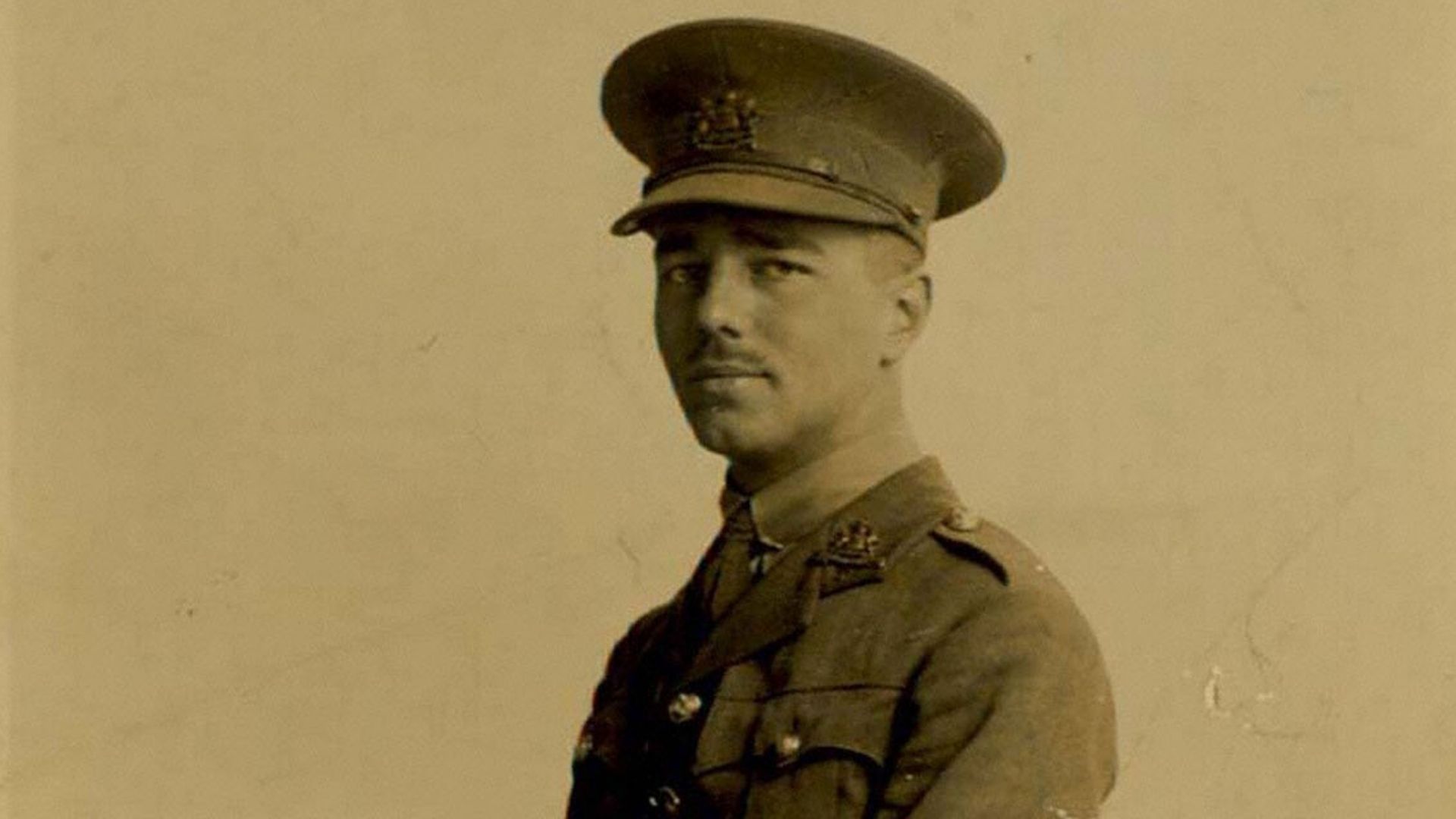Wilfred Owen Biography
Wilfred Owen (1893-1918) was an English poet and soldier who is widely regarded as one of the most important literary figures of World War I.
Owen was born in Oswestry, England, and he attended school at Shrewsbury Technical School before working as a lay assistant to the vicar of Dunsden. He enlisted in the British Army in 1915 and was sent to the Western Front, where he saw active service in the trenches.
Throughout his time in the army, Owen continued to write poetry, and his work was heavily influenced by his experiences of war and the suffering he witnessed. His poetry is known for its stark realism, its emotional intensity, and its condemnation of the horrors of war.
Some of Owen's most famous poems include "Anthem for Doomed Youth," "Dulce et Decorum Est," and "Strange Meeting." His work was published posthumously after he was killed in action in France in November 1918, just one week before the Armistice that ended the war.
Today, Owen's poetry is widely studied and admired for its powerful and moving depiction of the realities of war, and he is remembered as a significant voice in the literature of the First World War.
Early Life
He went to Birkenhead Institute, Liverpool, and Shrewsbury Technical College for his education. He worked as a pupil-teacher in a poor country parish before being forced to abandon his plans to study at the University of London. Before, he took up a teaching position in Bordeaux due to a lack of funds.
How Old Was Wilfred Owen When He Joined the Army?
Wilfred Owen was 22 years old when he joined the British Army. He was born on March 18, 1893 and enlisted in the army in October 1915.
While fighting on the Somme in 1917, he suffered a serious concussion and 'trench-fever,' and took time recovering at Craiglockart War Hospital in Edinburgh. Then, he met Siegfried Sassoon who read his poetry, suggested ways to enhance them, and encouraged him greatly.
He was posted back to France in 1918 where he won the MC before being killed on the Sombre Canal a week before the Armistice was signed.
His poetry owes its beauty to a deep ingrained sense of compassion coupled with grim realism. Owen is also acknowledged as a technically accomplished poet and master of metrical variety.Poems such as 'Dulce Decorum Est' and 'Anthem for doomed Youth' have done much to influence our attitudes towards war.
Bent double, like old beggars under sacks,
Knock-kneed, coughing like hags, we cursed through sludge,
Till on the haunting flares we turned out backs,
And towards our distant rest began to trudge.
...
What passing-bells for these who die as cattle?
Only the monstrous anger of the guns.
Only the stuttering rifles' rapid rattle
Can patter out their hasty orisons.
...
He sat in a wheeled chair, waiting for dark,
And shivered in his ghastly suit of grey,
Legless, sewn short at elbow. Through the park
Voices of boys rang saddening like a hymn,
...
Under his helmet, up against his pack,
After so many days of work and waking,
Sleep took him by the brow and laid him back.
...
